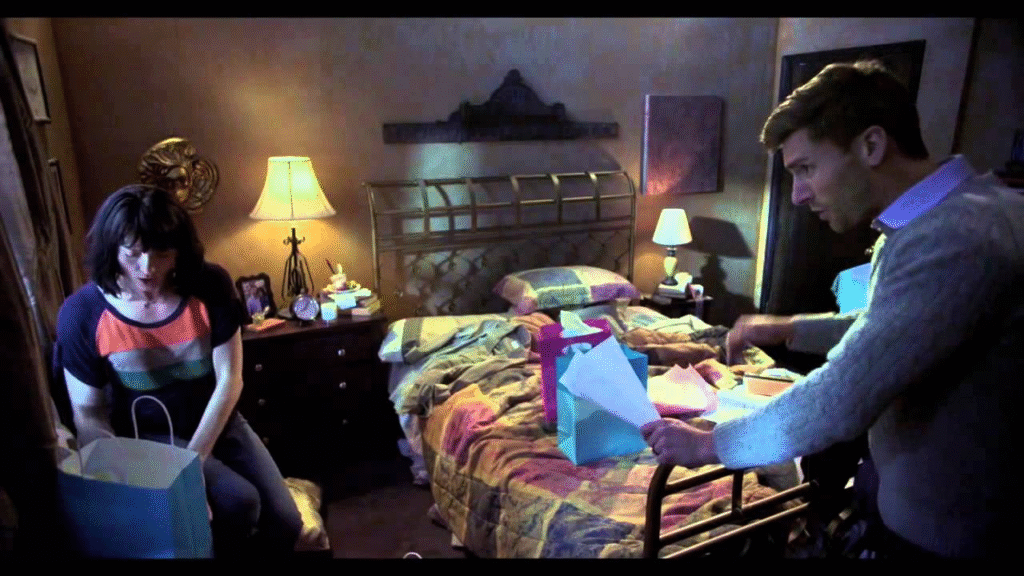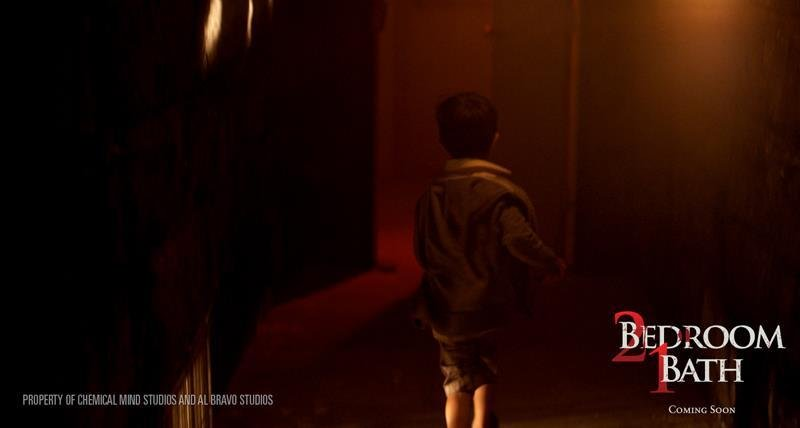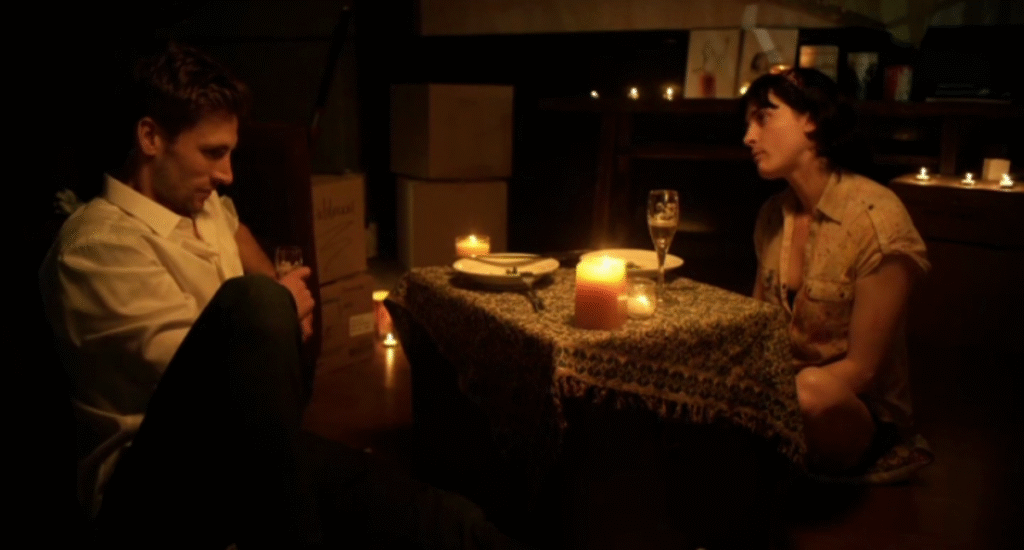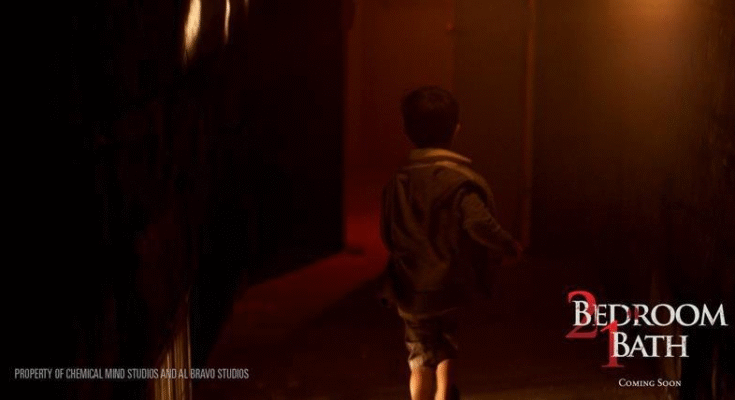Some homes are built with secrets in their walls — 2 Bedroom 1 Bath listens to them. Stanley Yung’s supernatural chiller blends domestic tension with psychological unease, turning a modest apartment into a labyrinth of grief, guilt, and the creeping horror of the unknown.

The story begins like any ordinary fresh start. Rachel (Michele Hicks) and Kevin (Andrew W. Walker) move into a new two-bedroom apartment — the kind of place meant for new beginnings, for nursery colors and morning light. They’re expecting their first child, their lives seemingly on the cusp of joy. But beneath the paint and polish, something ancient stirs — a residue of sorrow that clings to every doorknob and windowpane.
Yung directs with patience and precision, letting tension build slowly. The early scares are subtle — the faint hum of a baby monitor with no source, the reflection of a face that isn’t there, a locked closet that seems to breathe. The apartment becomes a character in itself, alive and observant, a place that doesn’t simply haunt but remembers.

Michele Hicks delivers a powerful performance as Rachel, her descent from hope to hysteria anchored in raw emotion rather than cliché. Her maternal instincts collide with supernatural paranoia, making her fear both personal and primal. Walker’s Kevin balances sympathy and denial, a husband trying to protect his wife while doubting his own sanity. Their chemistry makes the terror intimate — this isn’t about strangers in danger; it’s about a family unraveling from within.
The film’s greatest strength lies in its restraint. Yung avoids jump scares and gore, focusing instead on atmosphere — a creeping sense that the house itself is watching, waiting. The cinematography bathes every room in muted light and shadow, the camera often lingering too long on empty spaces. Every silence becomes a question: who else is listening?
The supernatural element takes a haunting twist. The entity tormenting Rachel isn’t just tied to the home’s history — it’s drawn to her unborn child, feeding on the echoes of loss from a previous tragedy. This link between motherhood and the paranormal gives the film a deeply unsettling edge, blending body horror with emotional dread. The womb becomes both sanctuary and target, the unborn both miracle and curse.

Composer Steven Gutheinz crafts a score that whispers rather than wails — low, trembling tones that seem to crawl through the walls. It’s the kind of music that gets under your skin, making the viewer hyper-aware of every creak and flicker.
By the final act, the haunting reaches its crescendo. Rachel’s visions blur with memory; the line between the living and the dead dissolves. The apartment, once a symbol of safety, becomes a tomb of unspoken grief. When the truth is finally revealed — a chilling connection between past tenants and the unborn child — the film’s title takes on new, sinister meaning.
Yung closes the story not with spectacle, but with sorrow. The last shot — a nursery light swaying gently while a lullaby hums through static — lingers long after the credits. It’s not the scream that haunts you, but the silence that follows.
2 Bedroom 1 Bath isn’t about exorcisms or demons — it’s about the ghosts we inherit, the pain we pass down, and the spaces that never let us forget. It’s small, elegant horror done right — intimate, psychological, and deeply human.
💬 Film Verdict:
⭐ 7.6/10 — A haunting tale of love, loss, and the evil that waits behind every locked door. Quietly terrifying and beautifully restrained — the kind of horror that moves in when you’re not looking. 🏠👁️




